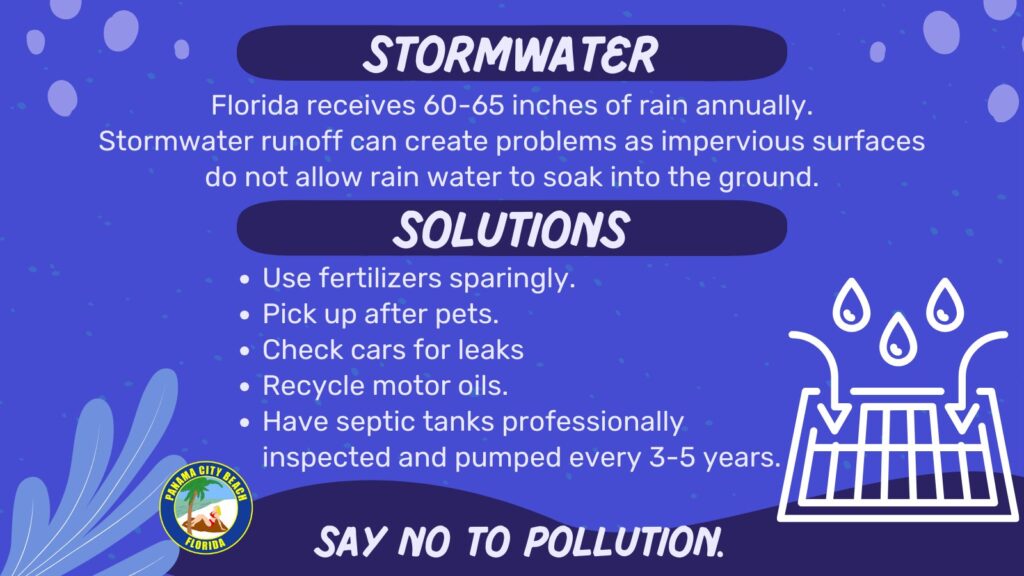Engine oil is an essential component for the proper functioning of vehicles, as it lubricates the engine and helps reduce wear and tear. However, there have been concerns about the potential carcinogenicity of engine oil and its impact on human health.
When engine oil is used in vehicles, it undergoes a series of chemical reactions and can produce harmful by-products. These by-products, such as polycyclic aromatic hydrocarbons (PAHs) and benzene, are known to be carcinogenic substances that can pose a risk to human health.
Exposure to these carcinogenic compounds can occur through various routes, including inhalation of fumes, skin contact, and ingestion of contaminated food or water. Workers in industries that handle engine oil, as well as individuals who perform DIY car maintenance, are at a higher risk of exposure to these harmful substances.

Credit: www.cancer.gov
Health Risks of Carcinogenic Engine Oil
The carcinogenic compounds found in engine oil have been linked to various health problems, including:
- Cancer: Prolonged exposure to PAHs and benzene in engine oil has been associated with an increased risk of developing cancer, particularly lung cancer, bladder cancer, and leukemia.
- Respiratory Issues: Inhaling fumes from engine oil can irritate the respiratory tract and lead to breathing difficulties, coughing, and other respiratory problems.
- Skin Irritation: Contact with engine oil can cause skin irritation, rashes, and dermatitis, especially in individuals with sensitive skin.
It is important to note that the health risks associated with carcinogenic engine oil depend on the level and duration of exposure, as well as individual susceptibility factors such as age, genetics, and overall health status.
Regulations and Safety Measures
To address the potential health risks posed by carcinogenic engine oil, regulatory agencies have established guidelines and safety measures to protect workers and the general public. Some of these regulations include:
- Occupational Safety and Health Administration (OSHA): OSHA sets workplace exposure limits for hazardous substances, including those found in engine oil, to ensure the safety of workers.
- Environmental Protection Agency (EPA): The EPA regulates the disposal and handling of used engine oil to prevent environmental contamination and protect public health.
- Personal Protective Equipment (PPE): Workers who handle engine oil are required to wear appropriate PPE, such as gloves, goggles, and respirators, to minimize exposure to harmful substances.
Furthermore, individuals can take precautionary measures to reduce their risk of exposure to carcinogenic engine oil, such as avoiding direct contact with used oil, ensuring proper ventilation in work areas, and following safe handling practices.
Alternatives and Green Solutions
As awareness of the health risks associated with engine oil grows, there has been a shift towards using environmentally friendly alternatives and green solutions. Some of these alternatives include:
- Synthetic Engine Oil: Synthetic engine oils are designed to be more stable and have lower levels of harmful by-products compared to conventional oils, reducing the risk of carcinogenic exposure.
- Recycling and Reusing: Used engine oil can be recycled and reused to minimize waste and environmental impact, promoting a more sustainable approach to oil disposal.
- Electric Vehicles: Electric vehicles do not require engine oil for lubrication, making them a cleaner and safer option in terms of carcinogenic exposure.
By adopting these alternatives and green solutions, individuals and industries can contribute to reducing the potential health risks associated with carcinogenic engine oil and promote a safer environment for all.
Credit: www.p65warnings.ca.gov
Conclusion
While engine oil plays a crucial role in the performance of vehicles, it is important to be aware of the potential carcinogenicity of engine oil and take appropriate measures to minimize exposure to harmful substances. By following safety regulations, using protective equipment, and exploring alternative solutions, we can help mitigate the health risks associated with engine oil and create a safer and healthier environment for everyone.


